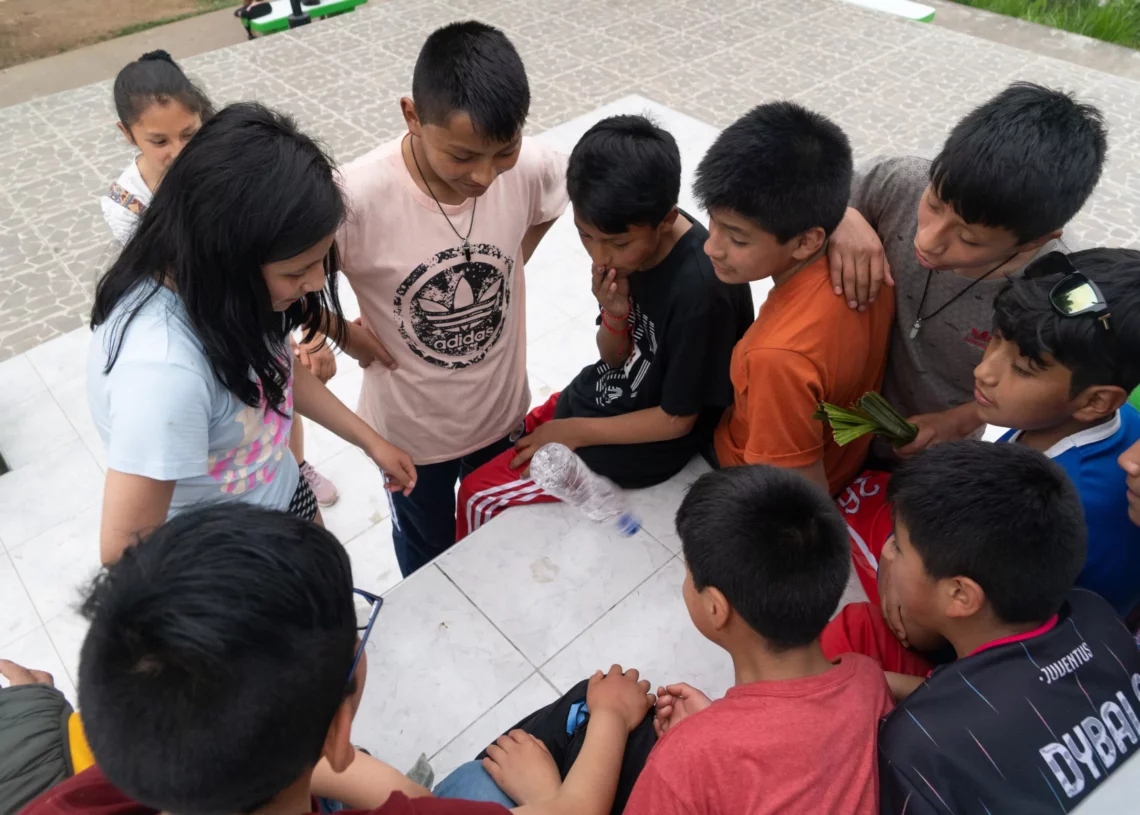One of the main tasks of COPOLAD III, the Cooperation Program with Latin America and the Caribbean on Drugs, is to respond to the specific needs requested by the countries of the region. Cooperation actions in key countries are designed to generate synergies and complementarities with those of a regional nature – Working Groups and cooperation with international networks and organizations -, optimizing the management of knowledge focused on the search for solutions and creating economies of scale, so that the same solution serves for various scenarios and agents. Since April 2023, COPOLAD III has been carrying out this type of accompaniment in different areas, based on the demands prioritized by both the countries and the program.
One of the strategies applied is the creation of laboratories for social innovation in drug policy, which are articulated as spaces for experimentation to interconnect organizations. In this endeavor, COPOLAD has the support of the Agirre Lehendakaria Center (ALC), a Social Innovation Laboratory linked to the University of the Basque Country that promotes community transformation processes through Open Innovation Platforms.
First initiative in Chile
One of the social innovation laboratories will become operational in Chile, with the National Service for the Prevention and Rehabilitation of Drug and Alcohol Consumption (SENDA). It will focus on the Maule region. This laboratory is dedicated to the design of solutions that comprehensively address the challenges of consumption, attention, accompaniment and care of children and adolescents under the guardianship of the State.
Another objective is to actively involve children and adolescents in making decisions about these activities. Finally, the aim is for the services and ministries involved in the laboratory to coordinate their performance, applying a strategy of social innovation that offers better responses to the needs of minors under guardianship.
Colombia
The second social innovation laboratory will be promoted in Colombia. It will aim to mitigate the vulnerability factors that drive young people to become involved with micro-trafficking networks and to develop psychoactive substance (PAS) consumption problems. Its areas of action will be the semi-rural area of Santander de Quilichao, in the Department of Cauca, and the urban area of Cali, in the Department of Valle del Cauca.
Reduction of the illegal market
A second area in which COPOLAD III has begun to develop national accompaniment initiatives is the reduction of the illegal drug market. The program is assisting Colombia’s Special Assets Society in the design of a public policy for the social and cultural reuse of assets seized from drug traffickers. Other efforts are aimed at the control and management of chemical precursors that are key to the manufacture of illegal drugs, an issue in which COPOLAD provides support to Colombia, El Salvador and Ecuador. This last action connects with the management of public knowledge carried out by a regional working group dedicated to the same subject.






